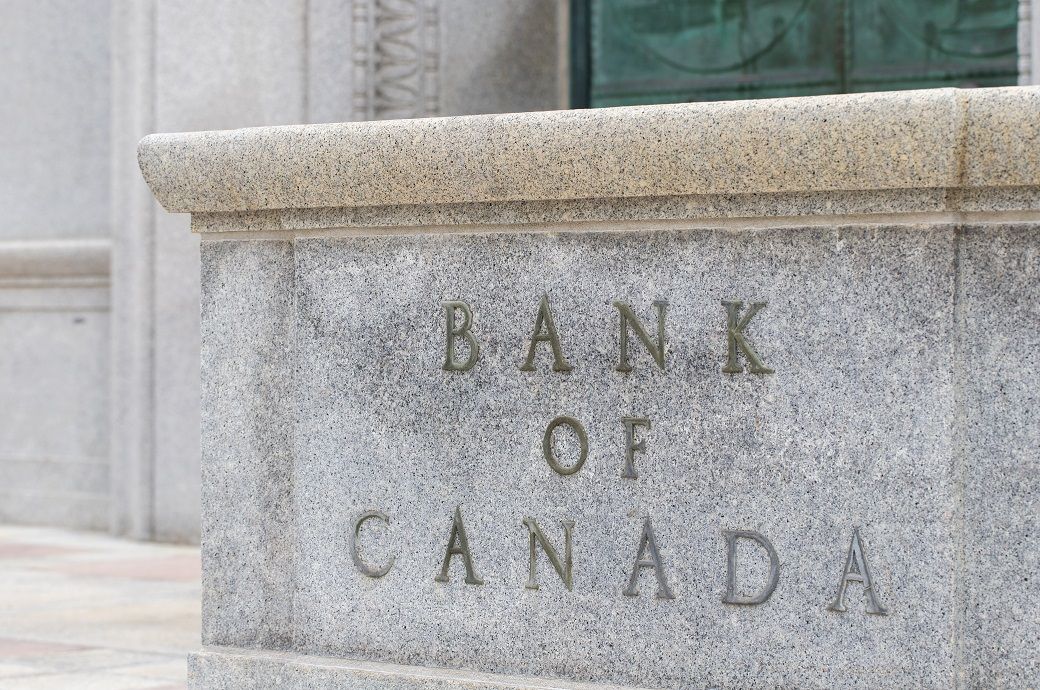
The bank rate is at 3 per cent and the deposit rate is at 2.7 per cent.
The Canadian economy entered 2025 in a solid position, with inflation close to the 2-per cent target and robust gross domestic product (GDP) growth, the central bank said in a release.
However, heightened trade tensions and tariffs imposed by the United States will likely slow the pace of economic activity and increase inflationary pressures in Canada, it noted.
The economic outlook continues to be subject to more-than-usual uncertainty because of the rapidly evolving policy landscape, it said.
Canada’s economy grew by 2.6 per cent in the fourth quarter (Q4) last year following upwardly revised growth of 2.2 per cent in Q3.
Past cuts to interest rates have boosted economic activity. However, economic growth in Q1 2025 will likely slow as the intensifying trade conflict weighs on sentiment and activity, the bank noted.
Recent surveys suggest a sharp drop in consumer confidence and a slowdown in business spending as companies postpone or cancel investments. The negative impact of slowing domestic demand has been partially offset by a surge in exports in advance of tariffs being imposed, it said.
Employment growth strengthened from November last year to January this year and the unemployment rate declined to 6.6 per cent. In February, job growth stalled.
While past interest rate cuts have boosted demand for labour in recent months, there are warning signs that heightened trade tensions could disrupt the recovery in the jobs market. Meanwhile, wage growth has shown signs of moderation.
“Monetary policy cannot offset the impacts of a trade war. What it can and must do is ensure that higher prices do not lead to ongoing inflation,” the release from the central bank added.
ALCHEMPro News Desk (DS)
Receive daily prices and market insights straight to your inbox. Subscribe to AlchemPro Weekly!